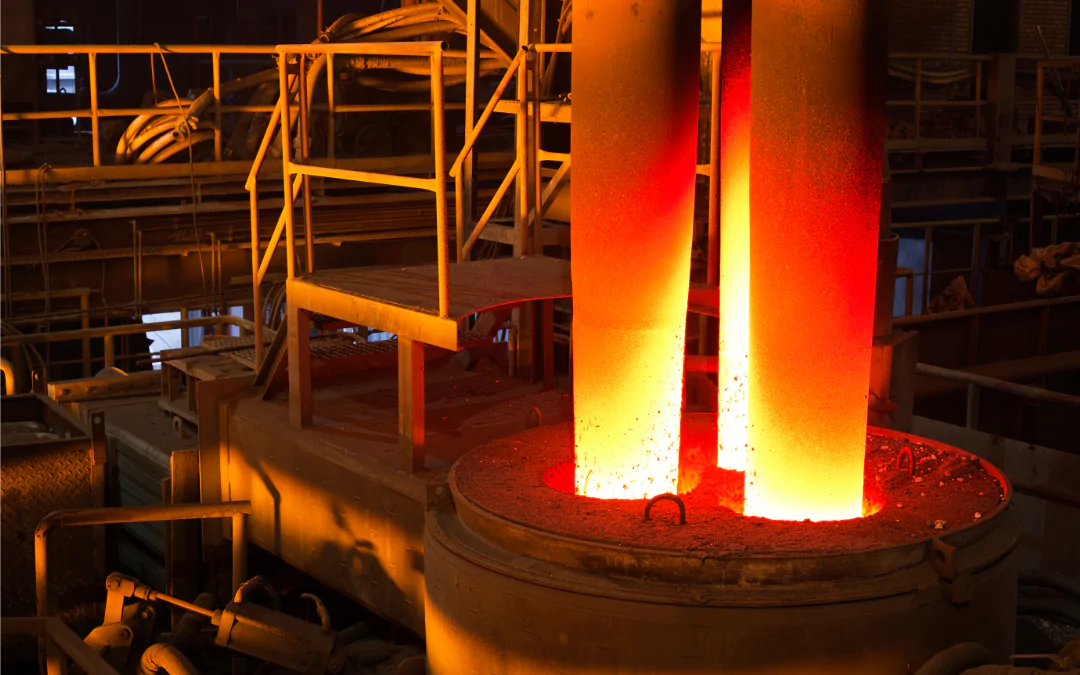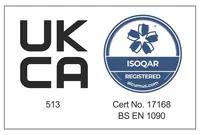The current cost of living crisis is not only hitting consumers; it also affects Energy Intensive Industries (EII) like steelmaking, where any increase in wholesale energy costs can be magnified many times over.
For several years, the UK government’s Energy Intensive Industries Compensation Scheme has helped industries of national importance to cover the very high costs of energy, allowing manufacturers to continue domestic production of crucial materials like steel.
On April 29th 2022, the government announced a further three-year extension to the Energy Intensive Compensation Scheme, as well as more than doubling its budget – adding to about £2 billion already provided to industry since 2013.
Why is steel manufacturing so energy intensive?
Industries like steelmaking face physical limitations on how much they can cut the energy involved in manufacture.
Recycling helps – steel can be endlessly recycled without losing quality, and saves up to three-quarters of the energy associated with producing virgin steel from iron ore.
Steel is easy to extract from other recyclable materials, as it contains iron, which (along with cobalt and nickel) is magnetic – so scrap metal can be separated with large magnets in recycling facilities and energy-from-waste plants.
Energy savings of recycled steel
Recycled steel can be made using a more energy-efficient Electric Arc Furnace at an ‘energy cost’ of around 500 kWh per ton of steel.
However, there is not enough recycled steel to satisfy demand – so about two thirds of the steel used worldwide is produced from ore in a Basic Oxygen Furnace, at an energy cost of around 4,000 kWh per ton of steel.
Because steel offers such longevity during use, there is simply not enough scrap steel to allow 100% of demand to be met through recycling of existing stocks.
Why is government support needed?
Like households, EII industries have faced rising energy costs in recent years as successive disruptions have affected wholesale prices.
In January, five industry organisations – the Institute of Directors, Confederation of British Industry, Federation of Small Businesses, British Chambers of Commerce and MAKE UK – wrote to the government to express concerns.
The IoD explained: “Our joint letter to the Chancellor highlighted that the scale of the crisis has left companies with little protection while they face dealing with soaring wage, shipping and tax costs, and that without action, businesses will be forced to pass costs on to consumers, adding further inflationary pressure.”
In the letter, the organisations – which represent businesses of all sizes in the UK – also warned that affected SMEs might be forced to lay off staff due to unmanageable operating costs, and that UK industry’s international competitiveness could also be at risk.
What will this support include?
The government’s announcement extends the existing EII Compensation Scheme and further measures are being considered, such as a 100% exemption rate from the renewables obligation.
Other measures are already in place, including a £315 million Industrial Energy Transformation Fund for heavy industry’s efforts to cut emissions and reduce bills.
Gareth Stace, director general of UK Steel, said: “The three-year extension of the EII Compensation Scheme and the increase in the level of relief provided by it delivers on a long-standing industry ask and gives the UK steel sector a much-needed reduction in electricity costs.
“This increase in compensation is a key priority for the steel sector and is a much-needed step to tackling the industrial electricity prices that hold the UK steel sector back from competing with our European counterparts.”


